Countries Where Psychedelics Are Legal
Emmy Anderson / July 25, 2022
Did you know that there are several countries where psychedelics are legal? It’s true! Some investigators even believe that psychedelics could be used to help
Read More 
FREE SHIPPING ON ALL ORDERS OVER $150
Age Verification
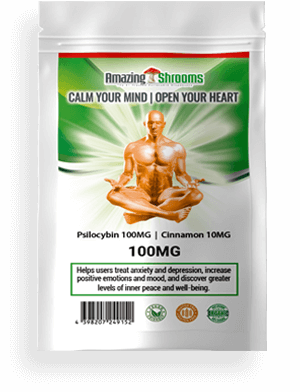
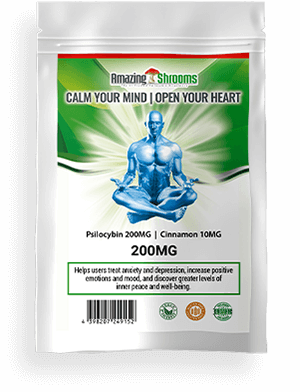
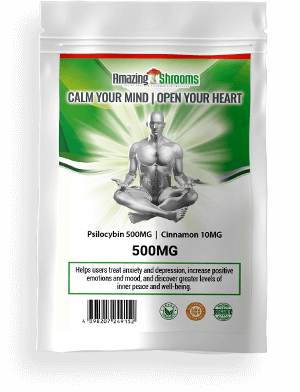
Shrooms In The News

Helps 'rewire' the brain for people with depression.

Psilocybin shows promising results for treating PTSD.

Named a "breakthrough therapy" by FDA - fast approval.

Study finds psilocybin can break mental shackles.
Scientifically Speaking, It's Pretty Much Magic
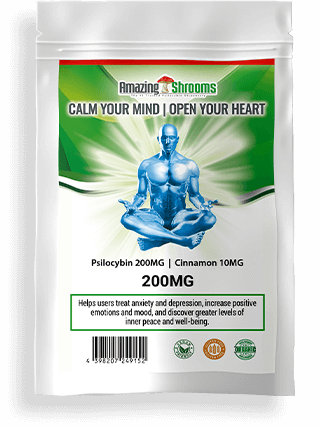
Shroom Benefits
Amazing Shrooms Microdosing Capsules empower you to enjoy a safe psychedelic experience - soothing your mind & helping you unlock your true potential.

Relaxation

Mindfulness

Stress Relief

Mental Clarity

Better Focus

Creativity
Shop Psilocybin Mushroom
Discover
The Basic
 100MG |
100MG |  30 Capsules
30 Capsules
Explore
The Moderate
 200MG |
200MG |  30 Capsules
30 Capsules
Unlock
The Strong
 500MG |
500MG |  30 Capsules
30 Capsules
Magic
Mushrooms
 7G | 14g | 28g
7G | 14g | 28g
Unlock
Voyager Bar
 300 MG |
300 MG |  Chocolate
Chocolate
 Free Replacement Shipments
Free Replacement Shipments Ship To PO Box
Ship To PO Box  Tracking Number
Tracking Number Guaranteed Delivery
Guaranteed Delivery  Discreet Shipping
Discreet Shipping  Free Replacement Shipments
Free Replacement Shipments Ship To PO Box
Ship To PO Box  Tracking Number
Tracking Number Guaranteed Delivery
Guaranteed Delivery  Discreet Shipping
Discreet Shipping Why Psilocybin Mushrooms
Are Special
Psilocybin is the ultimate therapeutic product for improving one’s mental and emotional health. Anti-addictive, non-toxic and scientifically proven to be 100% medically safe, Psilocybin helps repair one’s mind-body connection and heal deep wounds caused by trauma.
Shop Now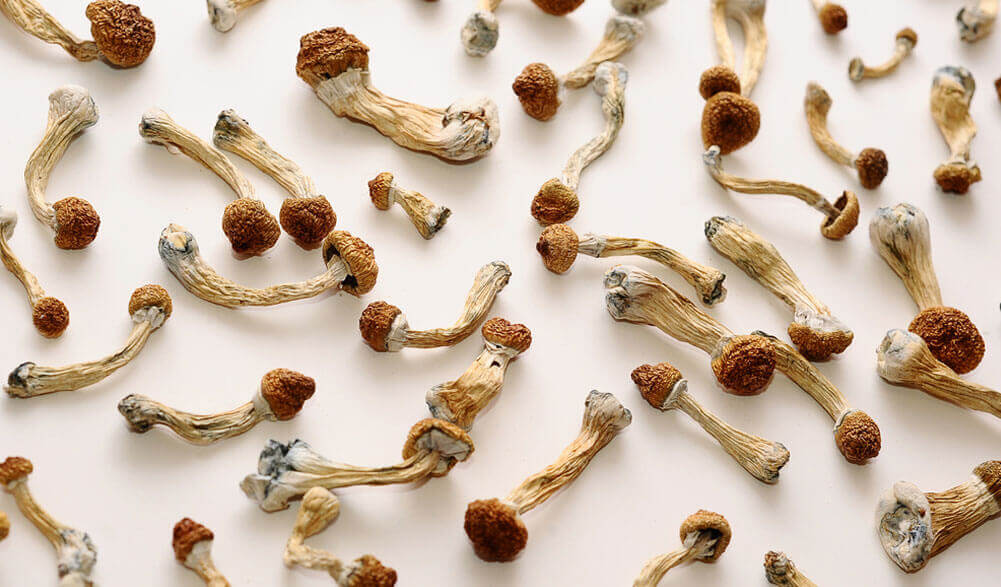
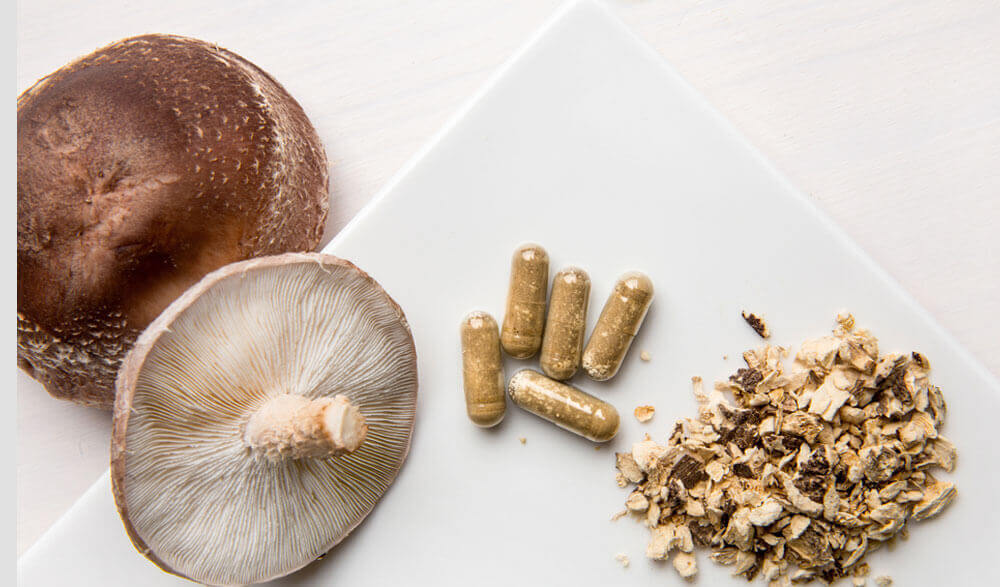
What Make Shrooms
The Safest Experience
As first reported in The Guardian, according to the Global Drug Survey 2017 with almost 120,000 participants in 50 countries participating, a study found magic mushrooms to be the safest of all recreational drugs, including Cannabis. “Magic mushrooms are one of the safest drugs in the world,” said the consultant addiction psychiatrist and founder of the survey.
“There is no known lethal dose for LSD or Psilocybin”
Shop NowThe Amazing Shrooms Promise
Our goal is to provide a safe, clean and discreet shopping experience for those seeking to improve their emotional and mental health and spiritual well-being with the use of a natural option like Psilocybin.
Psilocybin, commonly known as 'Magic Mushrooms' is the main ingredient found in several types of psychoactive mushrooms, making it perhaps the most popular, naturally-occurring psychedelic. With the modern revival of psychedelic research, researchers are studying the different ways it can help users to overcome a wide range of afflictions, including depression, anxiety, and substance addictions.
We give back! A percentage of our sales goes right back into the community via numerous accredited charities supporting local food banks, the environment and those suffering from PTSD and other forms mental illness.

Vegan
Friendly

Gluten
Free

100%
Organic

Chemical
Free

GMO
Free

Pesticide
Free
The Limitless Experience
Psilocybin microdosing is the safest way to explore and experience a deeper level of inner peace, mindfulness & creativity - helping you unlock your true potential and living life to its fullest.
Stress Relief
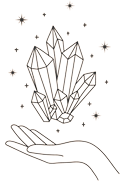
Soothe The
Extra Noise
Find calm stillness
Deep Relaxation

Explore Soulful
Mindfulness
Safely and naturally
Cognition

Unlock Lucid
Mental Clarity
Discover your true potential
The Trip
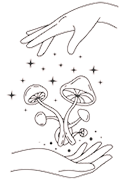
Enjoy The
Safe Buzz
Let the warmth embrace you
We Proudly Support
These organizations work hard to better our world, so a generous portion of our revenue goes to fund their efforts. Our goal is to support the community that supports us.






Hope & Healing For
Unseen Wounds Of War

Many veterans struggle with post-war stress, trauma, depression - which makes the return and in some cases the transition back to civilian life tougher. Psilocybin Mushroom Microdosing has shown great promise in helping deal with PTSD, depression & anxiety - while being a safe alternative to ineffective and often addictive medication.
At Amazing Shrooms, we are proud that our functional mushroom blend has helped veterans break the shackles of PTSD, reclaim their daily equilibrium & live a better life.
If you are a veteran, use the code below to get an extra 10% off your order

Frequently
Asked Questions
 Discreet Packaging
Discreet Packaging Tracking Number
Tracking NumberPsilocybin Shroom 101
Learn and stay up to date on all things microdosing here, and be sure to check back often for new articles.